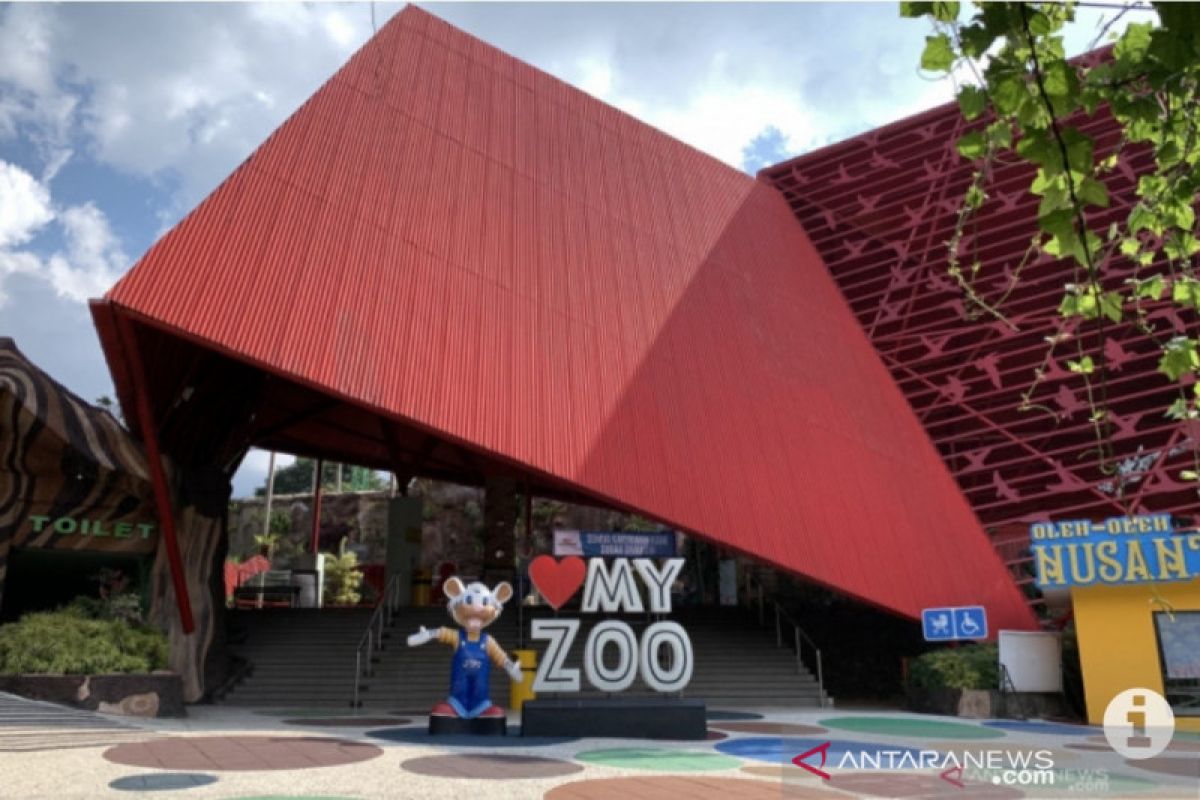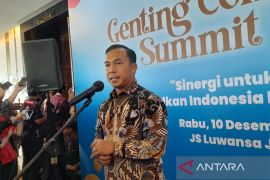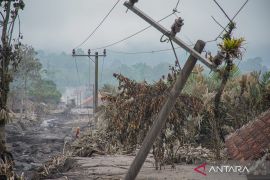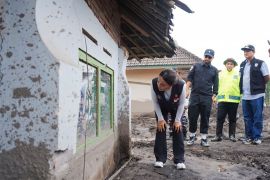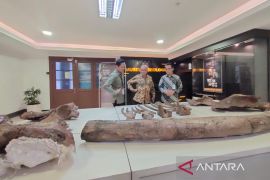Tourists began to again throng Batu City's attractions, a phenomenon not seen two weeks earlier, as the enforcement of public activity restrictions (PPKM) was in place in the region at that time, and roadblocks prevented access to tourist attractions in the city.
“Yes, Batu and Malang cities are getting crowded, just like before the pandemic,” Adik Dwi Putranto, an entrepreneur based in Batu City who often commutes from Malang to Surabaya, stated.
Another resident, Setiawan, concurred with Putranto. He reported several main roads connecting Malang to Batu City had become increasingly crowded, particularly on Friday and the weekends.
By observing the situation at the Malang main roads alone, we can conclude that economic activities have started to recover in the Greater Malang agglomeration area linking the cities of Malang and Batu, and Malang District, known for its attractive tourist destinations.
The sudden boom is understandable, as residents can finally enjoy strolls at parks and explore tourist attractions, as the vaccination rate in the city continues to increase and the COVID-19 infection rate continues to decline.
Tourist attractions reopen for business!
East Java Governor Khofifah Indar Parawansa confirmed that an increasing number of tourist attractions in the province were ready to reopen and admit tourists in their premises.
“The operational trial for tourist attractions could commence soon. Several malls and tourism attractions have applied for (COVID-19 contact tracing mobile application) PeduliLindungi QR Code eligibility,” Governor Parawansa stated.
The former social affairs minister noted that the recent decision of the central authority to improve the PPKM level in the region -- from the earlier level 4 to level 3 -- was a good sign, as it motivates tourist attraction operators to commence preparations to reopen their businesses.
The Batu City Tourism Office also informed that the central government had designated two tourist attractions in the city as the pilot for the reopening trial: Batu Secret Zoo and Selecta Amusement Park.
“Selection of the two tourist attractions in Batu City is part of the Tourism and Creative Economy, and Health Ministries’ trial programme at 20 reopened tourist attractions in the Java-Bali regions,” the Tourism Office’s Head, Arief As-Siddiq, stated.
Related news: Government pushes export, tourism in Central, East Java
He informed that the two tourism attractions were selected from around 30 tourism attractions earlier suggested by his office for the reopening.
The ministries concluded that the two tourist attractions were fit for the reopening after they were found to meet the necessary criteria on CHSE (Cleanliness, Health, Safety, and Environment Sustainability) certification, staff vaccination rate, health protocol facilities, and compatibility for PeduliLindungi mobile application, As-Siddiq explained.
Meanwhile, Deputy Chair of the Tourism Industry Department of the East Java Chamber of Commerce and Industry Dwi Cahyono drew attention to the high level of enthusiasm among tourist attractions’ operators to reopen their businesses since tourism industries were one of the drivers of the regional economy.
“We know that the central government has declared tourism as a leading sector of the Indonesian economy from 2018 until 2019. Nobody had expected the COVID-19 pandemic in 2020 to paralyze all industries, including the tourism sector,” Cahyono stated.
Cahyono, concurrently serving as chairperson of the East Java branch of the Indonesia Hotel and Restaurant Association, witnessed the palpable enthusiasm among tourism industry actors to reopen their businesses after being battered by the pandemic.
“If restriction remains in place, we will have no tourists, and no tourist means no business. We could also see Bali’s tourism industry completely halted by the pandemic. Restriction on tourism would affect many industries, such as hotels, restaurants, and souvenir shops,” Cahyono stated.
Be careful of threats at tourist attractions
Despite the reopening of tourist attractions guaranteeing economic advantages and income for the withered industry, sociologist from Udayana University, Wahyu Budi Nugroho, warned of potential health threats still looming large over the tourists and the industry.
He cautioned that the sudden boom of tourists dashing to tourist destinations, malls, and other places of interest might cause the number of cases to rise again.
After the COVID-19 Delta variant, another Mu variant of the virus first detected in Colombia, remains a threat to people, especially at tourist attractions, where crowding inevitably occurs.
Taking that factor into account, Nugroho urged tourists to exercise restraint and tourism attraction operators to enforce strict health protocols at all times.
“Countries where revenge travel is encouraged are those having achieved beyond 50-percent vaccination coverage out of their total population,” Nugroho stated.
On account of the likelihood of revenge travel in Indonesia, relevant parties should pay great attention to this aspect, he added.
The sociologist stated that some tourism restrictions were still necessary, and observance of health protocols remained a must. He also urged the government and tourism actors to be adaptive to quick changes that may occur during the operational trial at tourism attractions.
To prevent COVID-19 infections at their homes, residents should avoid venturing outdoors except for urgent matters, such as to work and to buy groceries. The recent decline in the number of COVID-19 cases indeed is a relief for most, as they are optimistic of a resumption in normal activities soon.
The COVID-19 pandemic continues to pose a threat for all despite our increasing vaccination rates and a decline in COVID-19 infection rates.
Hence, patience and cautious behavior remain vital for us all. We should adapt to the new normal that approaches us, as many forecast the COVID-19 pandemic to soon turn into an endemic, protracting for as long as we are.
We are optimistic that our perseverance to observe health protocols would soon pay off, and we would be able to lead lives as before the pandemic struck.
Related news: Majapahit Travel Fair aims to promote tourism in East Java
Editor: Rahmad Nasution
Copyright © ANTARA 2021
